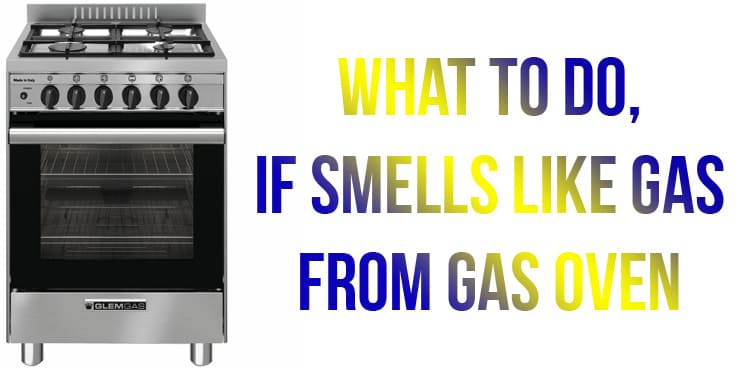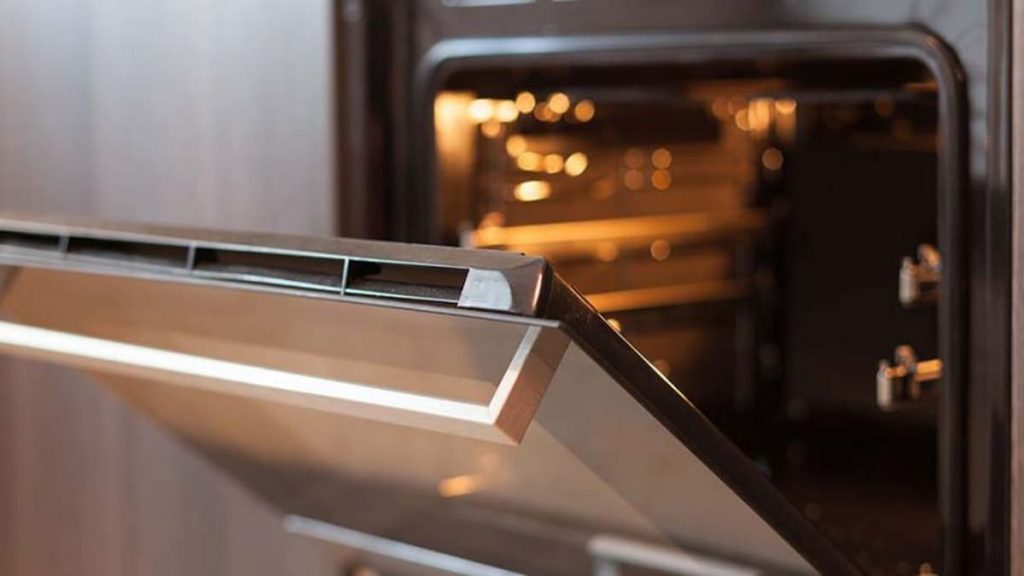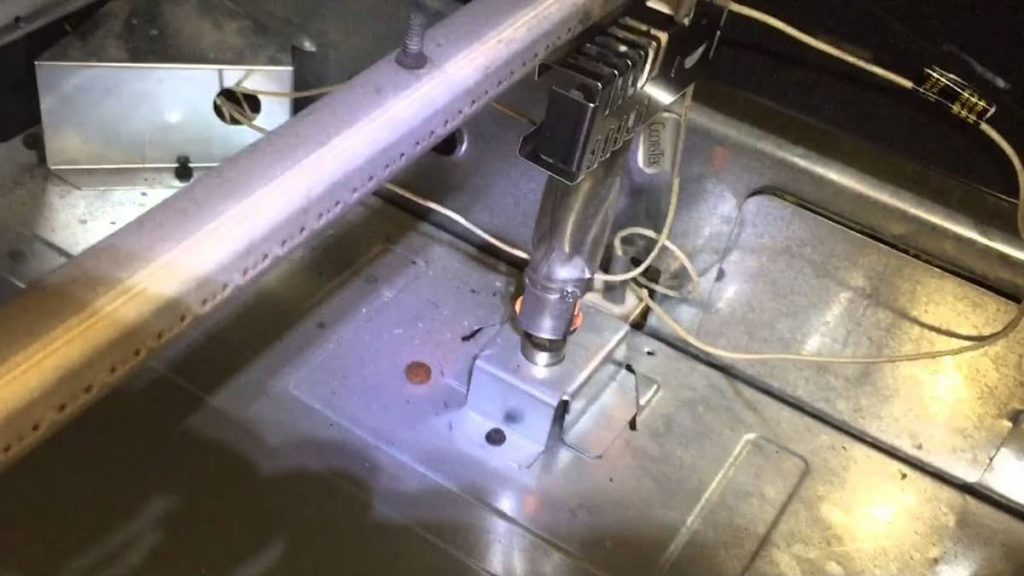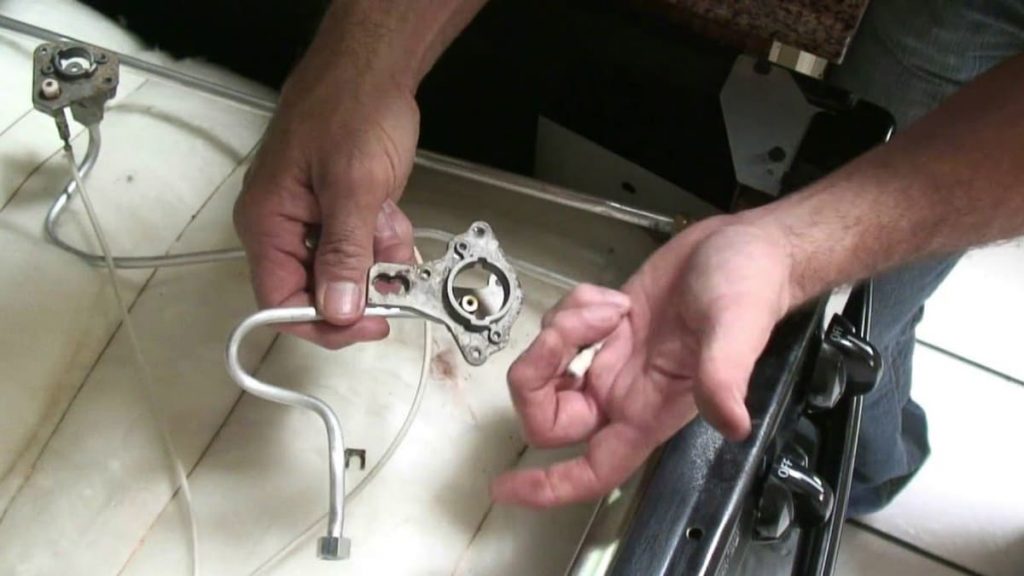Gas and electric stoves, despite their identical functions, have a lot of differences. Electrical appliances work with heating elements, and gas appliances work with natural gas or propane. There are advantages, as well as disadvantages, for both types of household appliances. Today we will talk about gas stoves and one of its most common problems is the strong smell of gas.
Natural gas or propane itself is odorless. The very smell of gas that we are all familiar with is an odorant. It is he who makes it possible to determine that there is a gas leak. It is added in small quantities to the gas for safety as a kind of flavoring.
Smell of burnt fragrance
All appliances that run on gas always smell to one degree or another. The same odorant that has the smell of rotten eggs makes us immediately be on the alert and check gas appliances. A slight smell is the norm, if the gas stove smells stronger than before, then there may be several reasons.
Firstly, the concentration of the odorant in the composition of the gas directly affects the smell – the more it is, the stronger it is felt. If earlier it was not so strong, it is possible that the delivered batch of gas received a little more odorant than the previous one. Secondly, the gas stove begins to smell more of gas when the gas cylinder is running out. Since there is a little more odorant in the remnants of the gas. If you are connected to the central network, then most likely the gas company added a little more of this flavor.
When you turn on gas appliances for the first time, the smell may be stronger. But when the stove works a little, it disappears. If the devices are working correctly, then there is nothing to worry about. If there is a suspicion that household appliances are faulty, or something is wrong with the gas source (cylinder or central network), then you need to act immediately:
- Switch off the gas appliance.
- Open the windows in the house so that in the event of a leak, the gas is vented.
- Extinguish sources of flame to prevent ignition.
- Get out of the house yourself and take out all the household members.
- Call the gas service and report the problem.
This algorithm of actions will help you respond correctly if a gas leak occurs for any reason. It is not recommended to find out the causes of the leak and repair it. This work must be entrusted to specialists in order to avoid negative consequences.
Faulty oven ignition
Many gas stoves are equipped with electric ignition for comfortable operation. The igniter in the oven is usually located under the bottom cover. If you smell gas, or rather an odorant, not burnt, but raw, you should check the electric ignition, it may have failed.
Particles of grease and food can get into the igniter, so you need to check if it is clogged and clean it if necessary. Be careful because it can be easily broken. If you are not sure that you can handle the task yourself, call a specialist, he will find out the cause of the smell of gas and clean the elements of the stove if it is really necessary.
Over time, the electric ignition wears out and when you turn on the oven, it allows some gas to escape before a spark appears and ignition occurs. Ideally, this should happen instantly, but after prolonged use, a spark may not appear immediately. This causes some gas to come out when the oven or gas stove is turned on.
Before you start cleaning the gas stove, oven and electric ignition, disconnect household appliances from the mains (for combined models), turn off the gas supply.
It is better to trust all manipulations with gas appliances to the masters, since improperly performed work can lead to leaks, explosions and poisoning. If you have little experience, then replace the defective part yourself, after which you must check it.
Removing the old igniter and installing a new one is actually not that difficult:
- Remove the ignition fasteners.
- Pull it a little to see the wires.
- Disconnect the wires and remove the old igniter.
- Install a new ignition, attach wires to it and secure in place of the old one with fasteners.
- Connect the stove and check its operation.
Be careful with the new igniter, if you drop it or cause mechanical damage, it will immediately fail.
The new electric ignition will work within 15-30 seconds, while there should be no smell of gas during the operation of the oven. If you still smell a strong smell, contact your gas service or a gas appliance repair specialist.
Another reason why a gas oven does not work is clogged ports. Usually the problem occurs in stoves that have worked for many years. Gas ports can become clogged with grease, food particles, and soot builds up in them, so not enough gas comes out to ignite. Despite this, some gas is still released through them, which leads to a strong smell. Try to clean them yourself or call the wizard.
A slight smell of gas from household appliances is normal. But if you begin to feel it more strongly than before, or suspect that household appliances are faulty, call the master immediately, as ignoring the problem is life-threatening.



